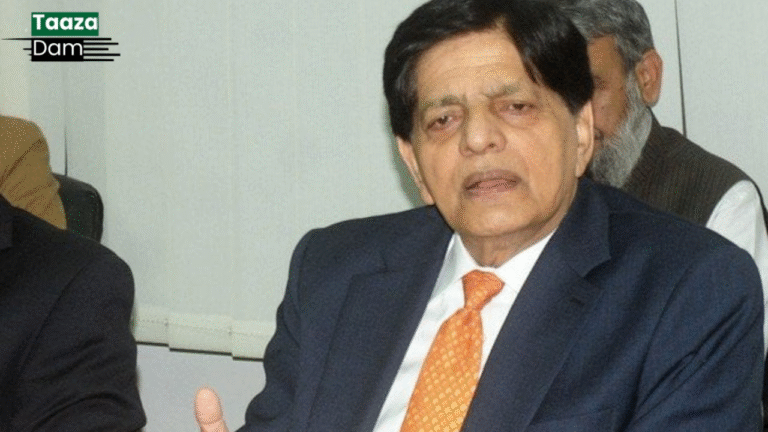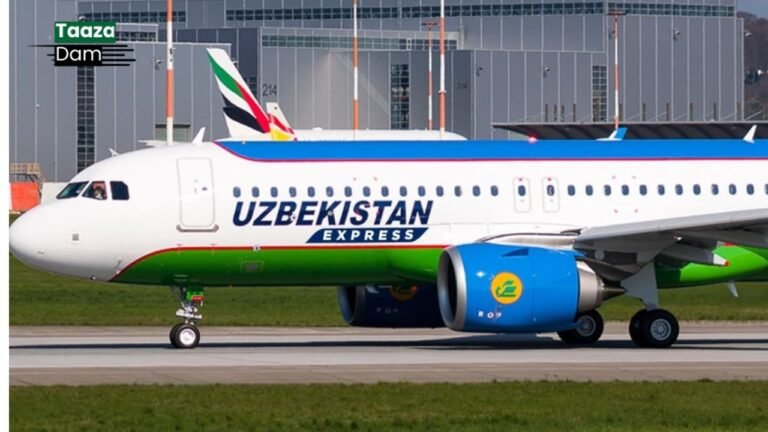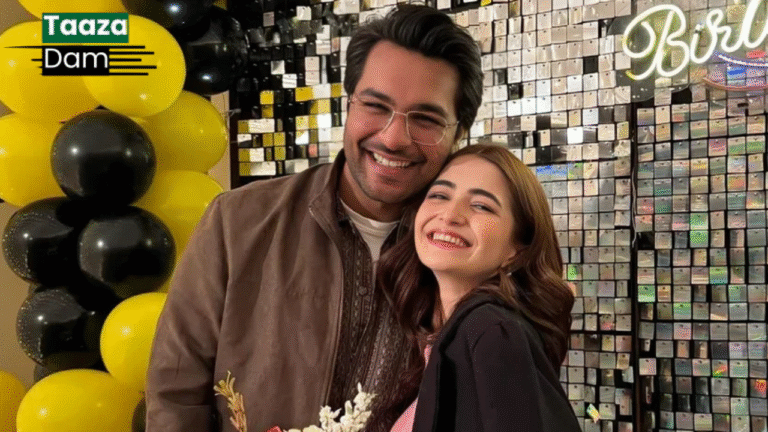Ibrahim Traoré: Burkina Faso’s Young Leader
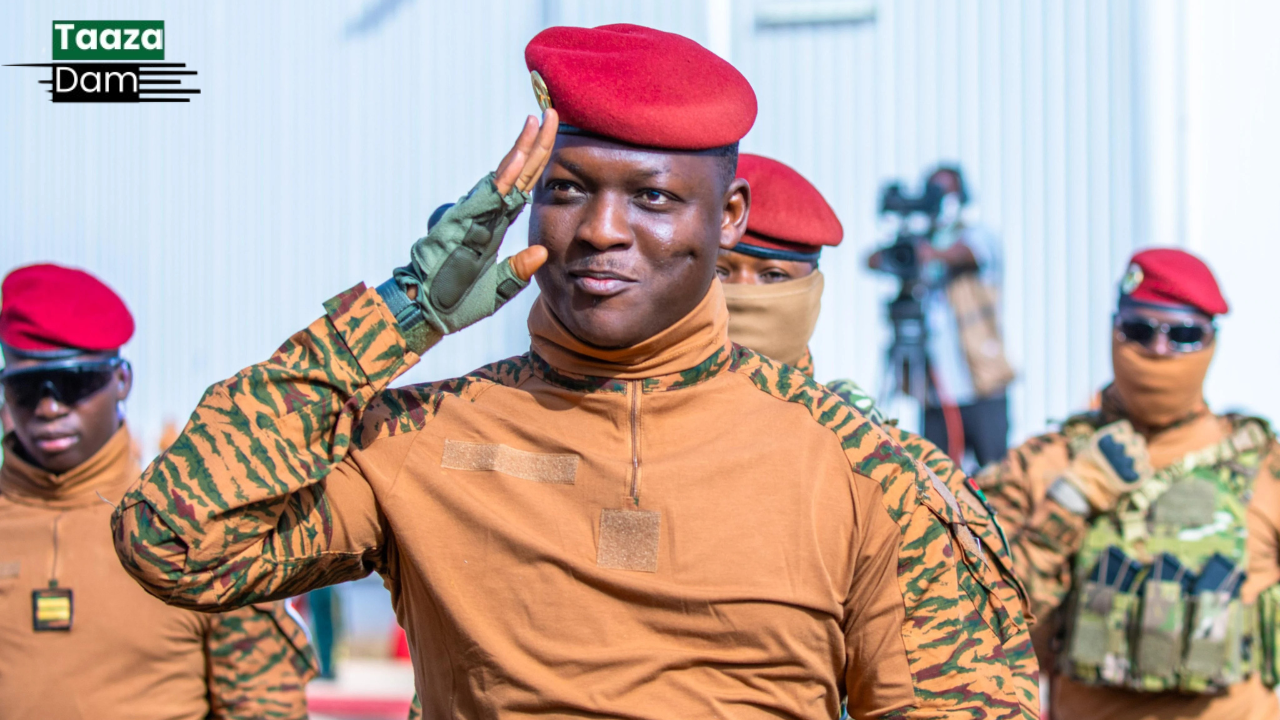
At just 37 years old, Ibrahim Traoré stands as the world’s youngest serving head of state. Since assuming the presidency of Burkina Faso in October 2022, following a military coup that ousted interim president Paul-Henri Sandaogo Damiba, Traoré has become a symbol of youthful leadership and revolutionary change in Africa.
Early Life and Education
Born on March 14, 1988, in Kéra, Bondokuy, Mouhoun Province, Burkina Faso, Traoré completed his primary education in his hometown before attending high school in Bobo-Dioulasso. In 2006, he enrolled at the University of Ouagadougou, where he pursued a degree in geology. During his university years, Traoré was actively involved in student politics, particularly within the Association of Muslim Students and the Marxist National Association of Students of Burkina Faso (ANEB), where he rose to a leadership position.
Military Career and Rise to Power
After graduating in 2010, Traoré joined the Burkina Faso Armed Forces, quickly advancing through the ranks. He received anti-aircraft training in Morocco and served in various military operations, including the United Nations peacekeeping mission in Mali. In 2019, he was assigned to the newly formed Kobra counter-terrorism unit as a special forces operator.
In January 2022, Traoré participated in a military coup that installed the Patriotic Movement for Safeguard and Restoration (MPSR) junta in Burkina Faso. However, by September 2022, disillusioned with the junta’s inability to effectively combat the growing jihadist insurgency, Traoré led a second coup that ousted Damiba and assumed leadership as interim president.
Leadership and Vision
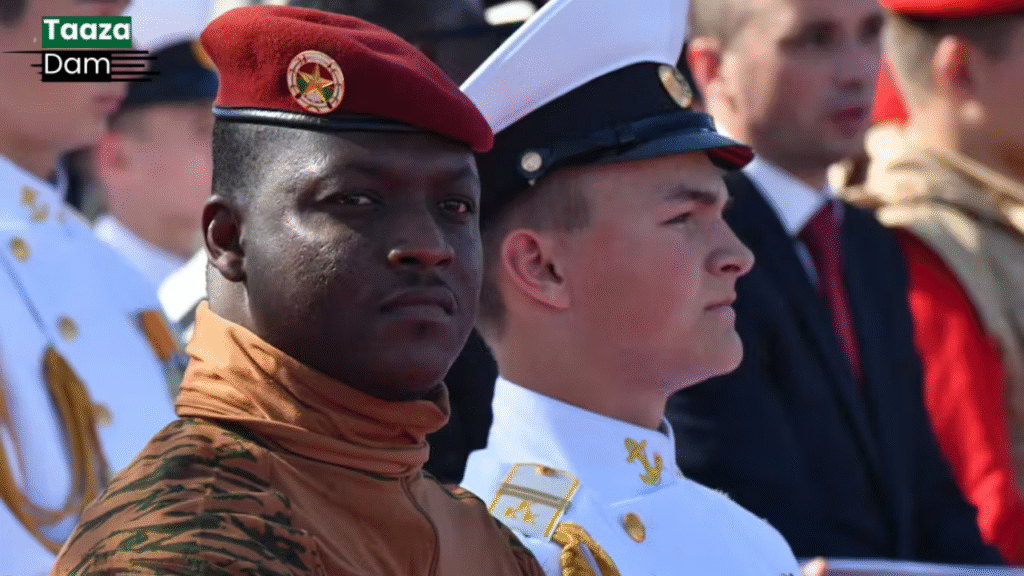
Since taking office, Traoré has articulated a vision centered on national sovereignty, economic self-reliance, and the restoration of security. Drawing inspiration from former leader Thomas Sankara, Traoré emphasizes a “progressive popular revolution” aimed at reducing foreign dependency and fostering indigenous development.
Under his leadership, Burkina Faso has pursued a revolutionary and anti-colonial agenda, expelling French soldiers and strengthening ties with Russia. The country has nationalized its wealth by creating a state mining corporation and has implemented policies to boost agricultural productivity and improve healthcare infrastructure.
Challenges and Controversies
Despite his popularity among certain segments of the population, Traoré’s administration faces significant challenges. The country continues to grapple with escalating jihadist violence, with over 11,700 people killed in more than 2,900 attacks since the coup. The government’s strategy of involving civilians in defense efforts has led to increased reprisals from militant groups.
Additionally, Traoré’s government has been criticized for suppressing press freedom and curbing civil liberties. Media organizations critical of the regime have faced suspensions, and dissenters have been subjected to conscription into state security forces.
Conclusion: A Revolutionary in the Making
Ibrahim Traoré’s rise from a quiet student to the youngest head of state in the world is a testament to his determination and vision for Burkina Faso. While his leadership has brought about significant changes, it remains to be seen whether his revolutionary agenda can overcome the challenges facing the country and lead Burkina Faso toward a more secure and prosperous future.


